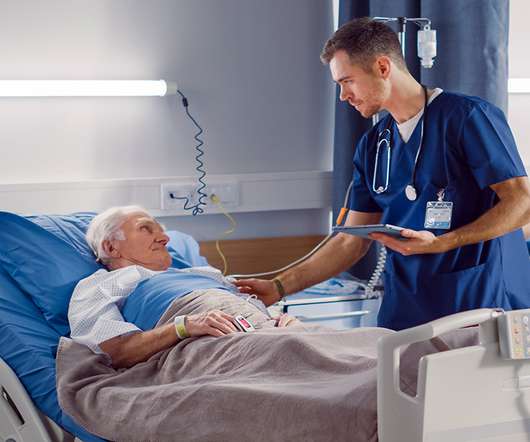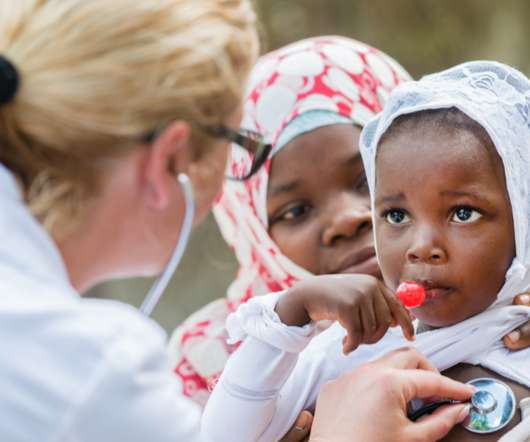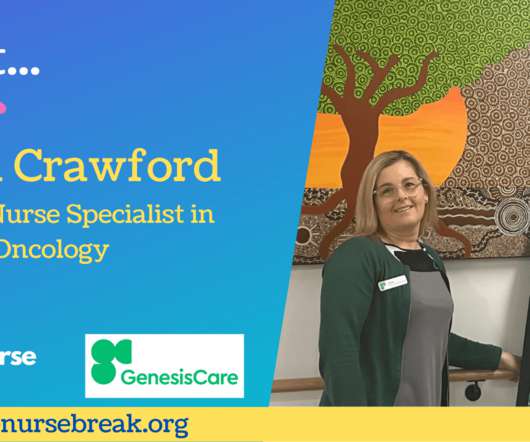Health Literacy Tips: Speak Plainly, Teach Often
Nurse.com
OCTOBER 21, 2022
Health literacy is key to helping everyone understand what is happening and make informed, shared decisions about health care. America’s health literacy challenge. And if all of these factors are not considered by nurses and other members of the healthcare team, then health literacy will be inadequate.














Let's personalize your content